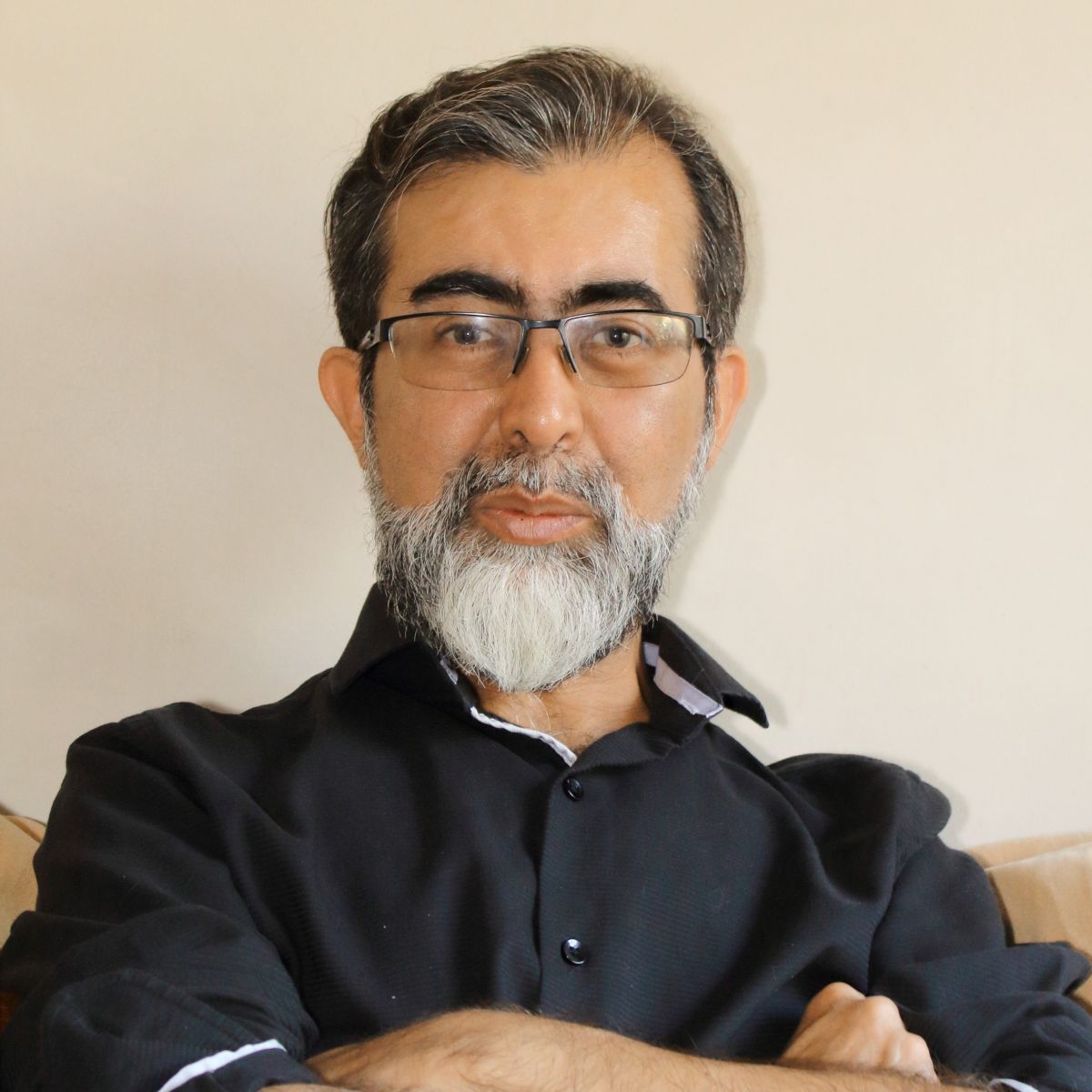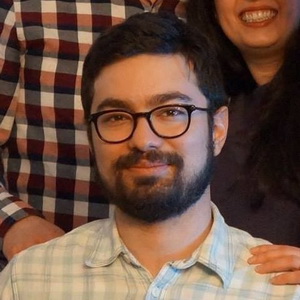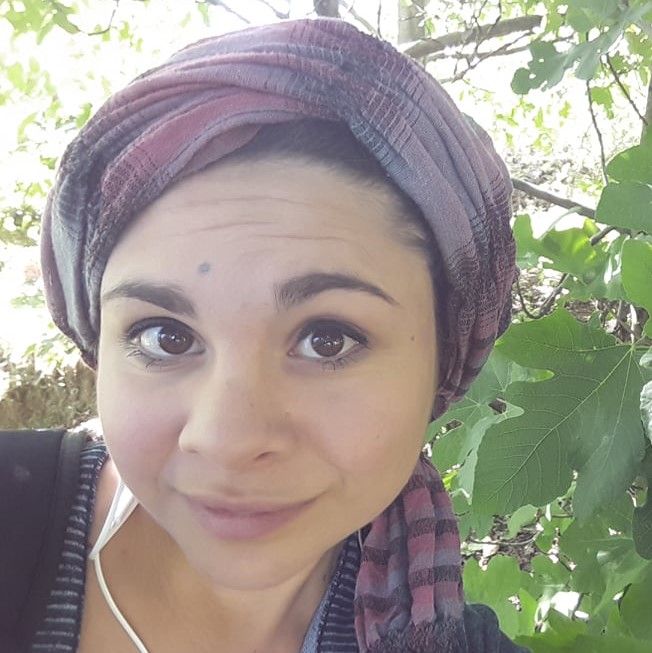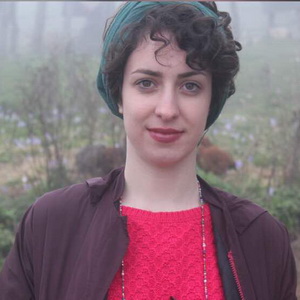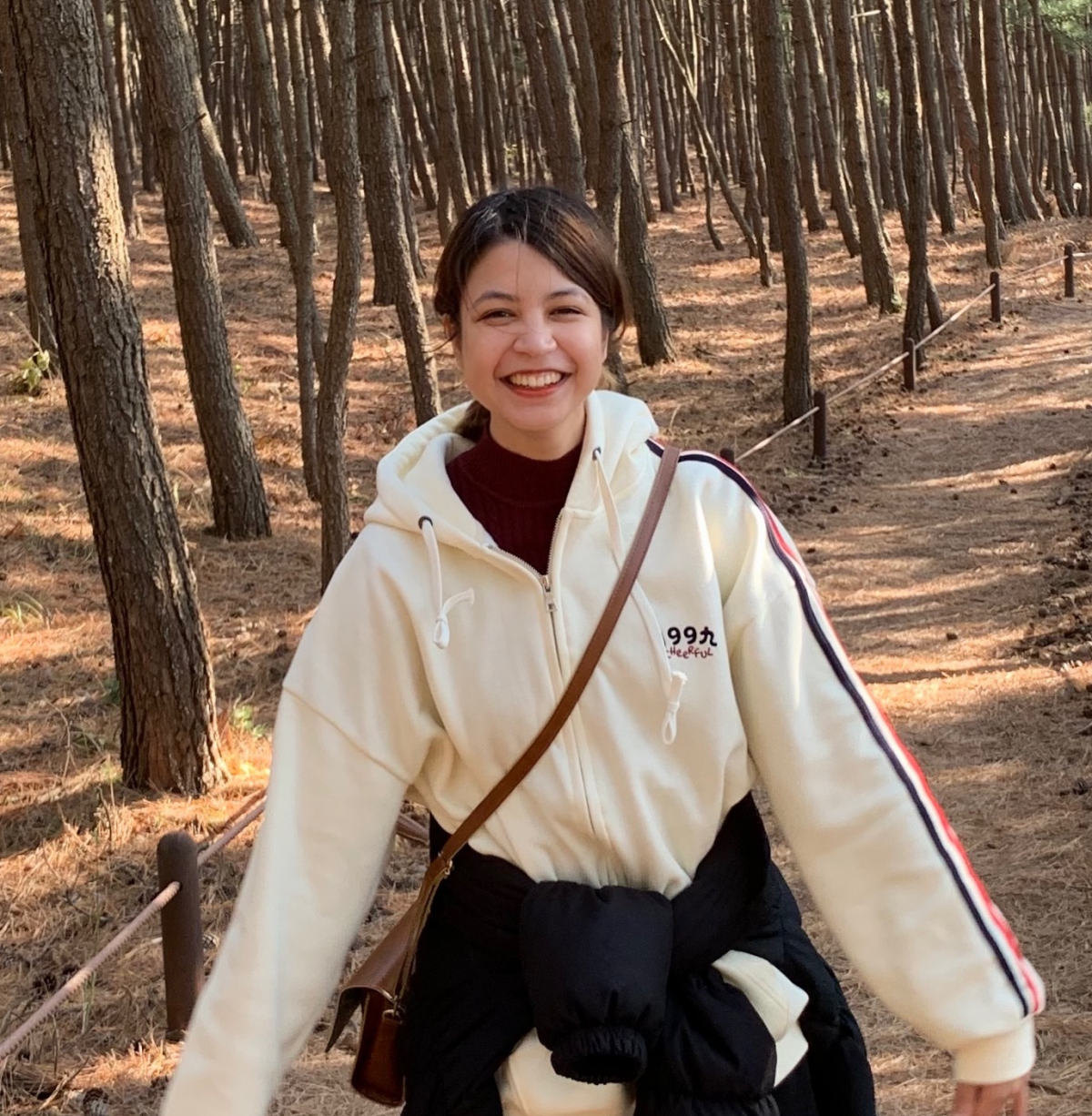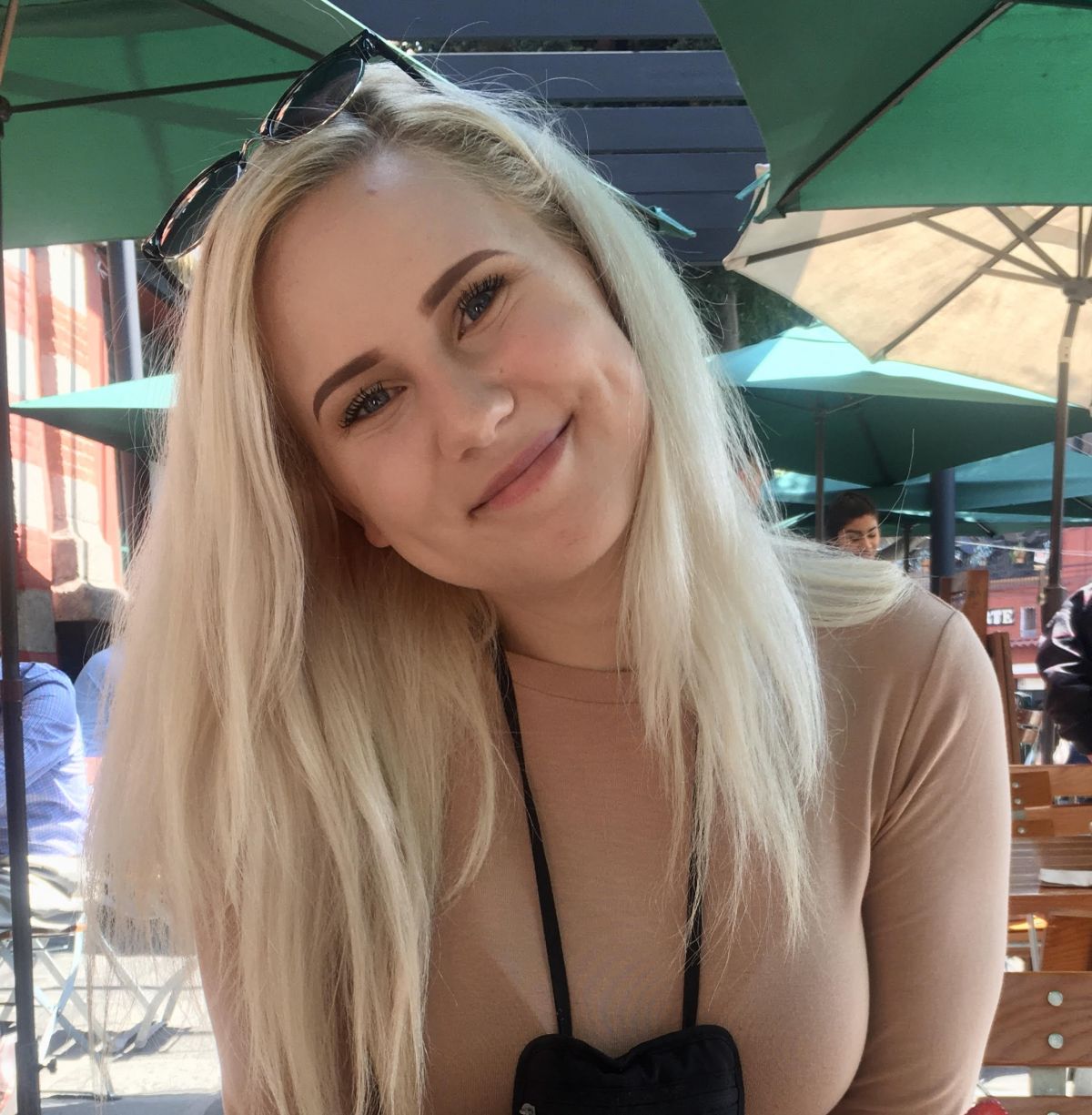Being a Migrant in Chile
To be an immigrant in Chile means that you migrate all day, every day.
Chile, Southern America
Story by Juan Carlos Pérez Jerez. Translated by Melaina Dyck
Published on June 6, 2020.
Reading time: 4 minutes
This story is also available in 



Listen to this story:
To be an immigrant in Chile means that you migrate all day, every day.
My name is Juan Carlos. I am 49 years old. I was born in Colombia. I’ve lived in Chile for the last 22 years. For nearly half of my life, I have lived away from the place where I was born.
I always wanted to travel. In the 1980s and 90s, Colombia was a difficult place: there was violence due to drug trafficking, a war between the army and the guerrilla fighters, and the sudden emergence of paramilitaries—essentially, it was a failed state. For many Colombians, Colombia was a country of war and leaving Colombia was the only way to survive physically and emotionally.
I first traveled thanks to theatre, through a play about a journey. ‘Aradne’s Thread’ tells the story of Greek hero Theseus’ journey to the center of a labyrinth.[1] Participating in this play was a journey inside of myself—a journey of self-discovery. This is the experience of many immigrants: we find the minotaur traveling inside each of us, yearning to escape the labyrinth.
My first international travel was to Chile in 1993. Then I traveled to Europe, and that was when I found my wanderlust: my traveling spirit could not stay still. When I discovered one part of world, I wanted to visit everywhere. In 1996, I graduated from university and resolved to travel through America by bicycle. My brother and I traveled along the Pan-American Highway, through Ecuador, Peru, Chile, Brazil, Bolivia and Venezuela. In the end, the road took us to Chile, and that’s where I stayed. Love is a powerful force. As is the desire to live in peace.
In 1997, I moved to Santiago, Chile. Various acquaintances offered me food and a place to live. It was not easy to be an immigrant in Chile. In those years, Colombians in Chile were stigmatized as violent drug traffickers, but, at the same time, there was a notion that Colombians spoke the best Spanish in all of Spanish-speaking America (and certainly we Colombians believed so!). Thus, my Colombian accent in Chile was a double-edged sword.
Now, I have the love of Ximena, Leonardo, and my cat. I have work, friends, and a life. In recent years, I have been able to appreciate changes in Chile and the contributions of immigrants.
Today, Chile is going through a historic moment: the Constitution created by the Pinochet dictatorship is being changed, and some immigrants can participate in this process alongside Chilean citizens.[2] Unfortunately, due to the COVID-19 pandemic, many immigrants in Chile have decided to return to their native countries. So, we find ourselves on parallel journeys: one political, one of self-discovery, and one of returning to our places of origin. Once an immigrant, always an immigrant. We travel on.
Footnotes
[1] The Greek myth of Theseus and Ariadne shows how love helps us to defeat our internal monsters (represented by the Minotaur in the play) and find our way out of life’s labyrinths. The play also reflects the universality of tragedy, which befalls everyone.
[2] Under Chilean law, foreigners who have lived in Chile for more than 5 years with a permanent resident visa can vote in some elections.
How does this story make you feel?
Follow-up
Do you have any questions after reading this story? Do you want to follow-up on what you've just read? Get in touch with our team to learn more! Send an email to [email protected].
Talk about this Story
Please enable cookies to view the comments powered by Disqus.
Subscribe to our Monthly Newsletter
Stay up to date with new stories on Correspondents of the World by subscribing to our monthly newsletter:
Tags
Topic: Migration
> South Korea
Showcasing Hawaiian Culture in South Korea
A story by Jed Solleza
4 min
Dance helped me find a sense of home away from home. Read more...
> Iran
Zakaria and Me
A story by Mani Nouri
3 min
My parents enlightened me how Zakaria's family had suffered from the war in Afghanistan and how he was a guest and in fact needed more attention from us. Read more...
> Syrian Arab Republic
Mexicans in Damascus
A story by Kamelia Khalil
4 min
Well, certainly, these were not ordinary Mexicans, nor even normal global tourists. They disregarded normalized ideas about not traveling to Syria not once, but twice, and the second time brought their whole family! Read more...
Explore other Topics
Get involved
At Correspondents of the World, we want to contribute to a better understanding of one another in a world that seems to get smaller by the day - but somehow neglects to bring people closer together as well. We think that one of the most frequent reasons for misunderstanding and unnecessarily heated debates is that we don't really understand how each of us is affected differently by global issues.
Our aim is to change that with every personal story we share.
Community Worldwide
Correspondents of the World is not just this website, but also a great community of people from all over the world. While face-to-face meetings are difficult at the moment, our Facebook Community Group is THE place to be to meet other people invested in Correspondents of the World. We are currently running a series of online-tea talks to get to know each other better.











